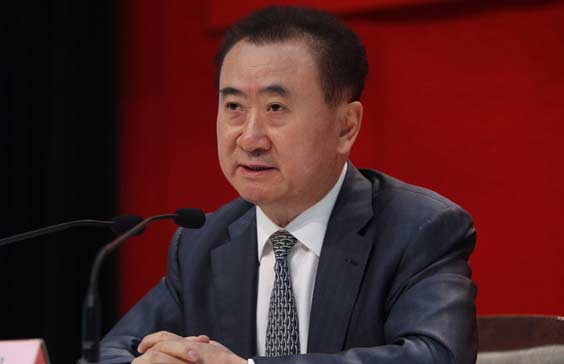First electricity trading centers open in Beijing and Guangzhou
By Yang Ziman (China Daily) Updated: 2016-03-02 10:14The National Reform and Development Commission and the National Energy Administration announced on Tuesday the establishment of China's first electricity trading centers in Beijing and Guangzhou, Guangdong province, in a move to make power supply more efficient.
A joint statement from the two administrators said that the centers will mainly coordinate cross-province power trading and boost the consumption of clean energy.
The two major national power distribution companies-State Grid Corp of China and China Southern Power Grid-are based in Beijing and Guangzhou.
The Beijing center will be a wholly owned subsidiary of the State Grid with a registered capital of 50 million yuan ($7.64 million) while China Southern Power Grid will hold a 66.7 percent stake in the Guangzhou trading center.
"The establishment of the power trading centers is part of the reform in China's electricity industry," said Cao Yin, energy analyst of Cinda Securities Co.
"They will integrate many players along the industrial chain, including electricity generation, distribution, sales and consumption. A transparent, standardized and supervised trading platform will help lower the costs and increase efficiency."
The central government issued a regulation on the establishment and operation of power trading centers in November, stressing the independence of these institutions.
Under the law, each center must have an administrative commission composed of power generation, sales and distribution companies and consumers. These administrators will not draw a salary from the center.
The Beijing center, meanwhile, announced its first cross-province trade in which 30 corporate consumers in Shandong province have purchased 9 billion kilowatt hours of electricity from 824 power companies in northwestern China. More than 20 percent of the electricity is wind and solar power.
Before the trading centers were put in place, cross-province electricity trading was conducted through negotiation of power companies which designed a plan to roughly guide the volume of the trading.
Now the trading can be standardized, better regulated and put under specific and transparent contracts, said Cao. Moreover, the trading is more flexible and in tune with the demand and supply.
Yunnan and Guizhou provinces are also running pilot programs to pave the way for power trading centers.
"Electricity wears out as the distance grows. So the trade in shorter distance is more cost-efficient. In the future, trading centers in other provinces will appear," said Cao.
- Chinese manufacturing hub on front lines of robot revolution
- More pro-growth policies expected for China's economy
- RRR cut boosts property stocks
- Wenzhou whizzes take it easy in realty market
- China Life to buy 23.7% stake in China Guangfa Bank
- Beijing Utour acquires Huayuan MNB for 2.6b yuan
- Companies can profit from serving foreigners as expat arrivals rise
- Individual taxpayers can expect only minor changes from reform
















